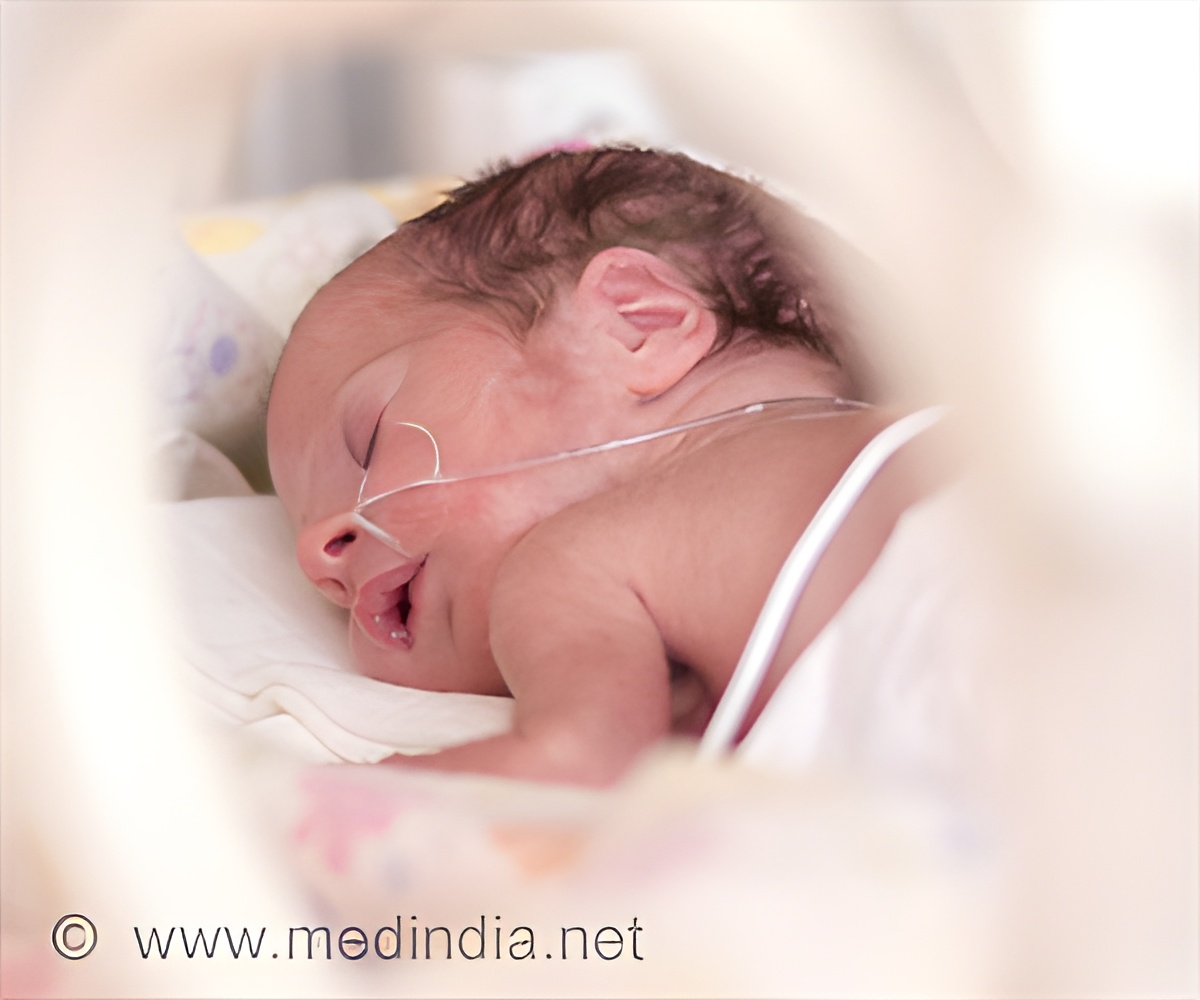The survival rate among extremely preterm babies has greatly improved in Sweden, a country that offers top-class neonatal care.

‘The survival rate among extremely preterm babies has greatly improved in Sweden, a country that offers top-class neonatal care.’





Between these two time periods, the stillbirth rate dropped from 30 to 23 per cent, while the survival rate rose from 70 to 77 per cent. Further, the higher survival was not achieved at the cost of more complications during the neonate period; on the contrary, the researchers observed a reduction in the number of brain and lung damage in the babies born between 2014 and 2016, while the number of other problems, such as eye and abdominal complications, remained unchanged. "Even if there are individual hospitals around the world that have been able to show similar results for selected patients, the survival of an entire population and for a whole country is world class," says Mikael Norman, professor of paediatrics at the Department of Clinical Science, Intervention and Technology at Karolinska Institutet in Sweden and the researcher responsible for the study.
By way of comparison, the survival rate for babies born in week 22-26 is around 50 per cent in the UK, France and the USA. And in many comparable countries, it is still rare for babies born in week 22-23 to survive.
The Swedish study found the greatest improvement in survival in babies born in week 22 (from week 22+0 days to week 22+6 days) with birth weights of between 290 and 730 grams. Fifty-eight per cent of those from this group who were admitted to neonatal intensive care between the years 2014 and 2016 survived to at least one year-of-age.
The results suggest that central care support initiatives are effective. In recent years, amendments to laws, guidelines and national recommendations have strengthened healthcare provision and the status of extremely preterm babies. Ultimately though, says Professor Norman, the results of the study are testimony to the capabilities of all the midwives, nurses and doctors who provide pregnant women and their babies the best available care 24 hours a day.
Advertisement
Long-standing national collaboration between researchers and clinicians, and the establishment of the national neonatal quality register are other important contributors.
Advertisement
Source-Eurekalert









